Welcome to Advice in The Stacks, a bookish advice column from me, Traci Thomas, the host and creator of The Stacks podcast. My show is all about books and the people who read them, with new episodes out every Wednesday on your favorite podcast platform. Due to the nature of the show I am constantly asked for advice on all things books, so I’m making it formal and bringing my advice to all of you with my monthly column here at SheReads.com.
If you have questions about anything book related, CLICK HERE and submit your question, and then come back the last Thursday of the month to see my advice.
Lately I’ve been finding that people seem to love offering unsolicited book recommendations to me simply because they know I’m a reader. Sometimes, these suggestions are for books I would absolutely never read (this week’s suggestion was a remedial antiracism primer written by two white people because they “know [I] care about ‘that stuff’”) and I don’t know how to say I’m not interested in a kind way. Some of these folks are family, some are coworkers, so I do want to be sensitive and gentle, but I also really need them to stop recommending books to me. Any advice?
I can relate. I get more unsolicited book recs than I care to remember. It can be annoying, and if I’m being honest, sometimes it is offensive, I feel like “you think I would read that?” Because let’s face it, I can be a real snob. That being said, I try to remember that people are just trying to connect with me. They’re trying to be nice and show an interest in a thing they know I like. I would assume this is the same for the people in your life, even if it is annoying and not hitting the mark.
My advice, just say “thank you” and keep it moving. You don’t need to tell them you’re not interested. Chances are they’re telling you about the book so they can tell you why they liked it. So I would just say thank you and ask them what it is about the book they liked or made them think of you. It will be a quick chat, and you’ll never need to tell them that their taste in books is mid and that they don’t even know you.
If you feel strongly that you want the recommendations to stop, I would say something like “thank you so much for all your book suggestions, these days I’m focused on reading the books I already own”. This way you’re letting them know you see their attempts at connection but also saying, I’m not really taking recommendations at this time.
I will end with this, if you can possibly handle taking the unsolicited advice and just saying thanks it might not be worth a conversation. That’s how I handle it.
In the last #thestackspack bookclub meeting, you mentioned a genre (or maybe it was a sub-genre of memoir?) that caught my attention. I think you called it “personal history”. I’m intrigued because personal history seems to describe my favorite type of memoir: I really enjoy the blending of very personal stories with deep dives into history, culture, politics, and/or literature. From the show, I have read Ride or Die by Shanita Hubbard, a book that feels like it might fall under a category like personal history. I would just love to know more about your thoughts on this genre/sub-genre, and if you have any recommendations for what to pick up next in personal history. Thank you!
Yes! I love this kind of book, too.
I think of all the kinds of books in the world, aside from deep dive investigative journalism, personal history is my favorite genre. I love when I get the intimate look through memoir along with the research for context and breadth of experiences. When done well, readers get an emotional and intellectual experience, and I usually leave personal histories feeling like I learned a lot and understand better.
Now for my recommendations, these are my go to faves alongside some new releases that I’ve loved in the micro-genre. In certain cases I’ve also given you an additional personal history that I think is in conversation with my first recommendation.
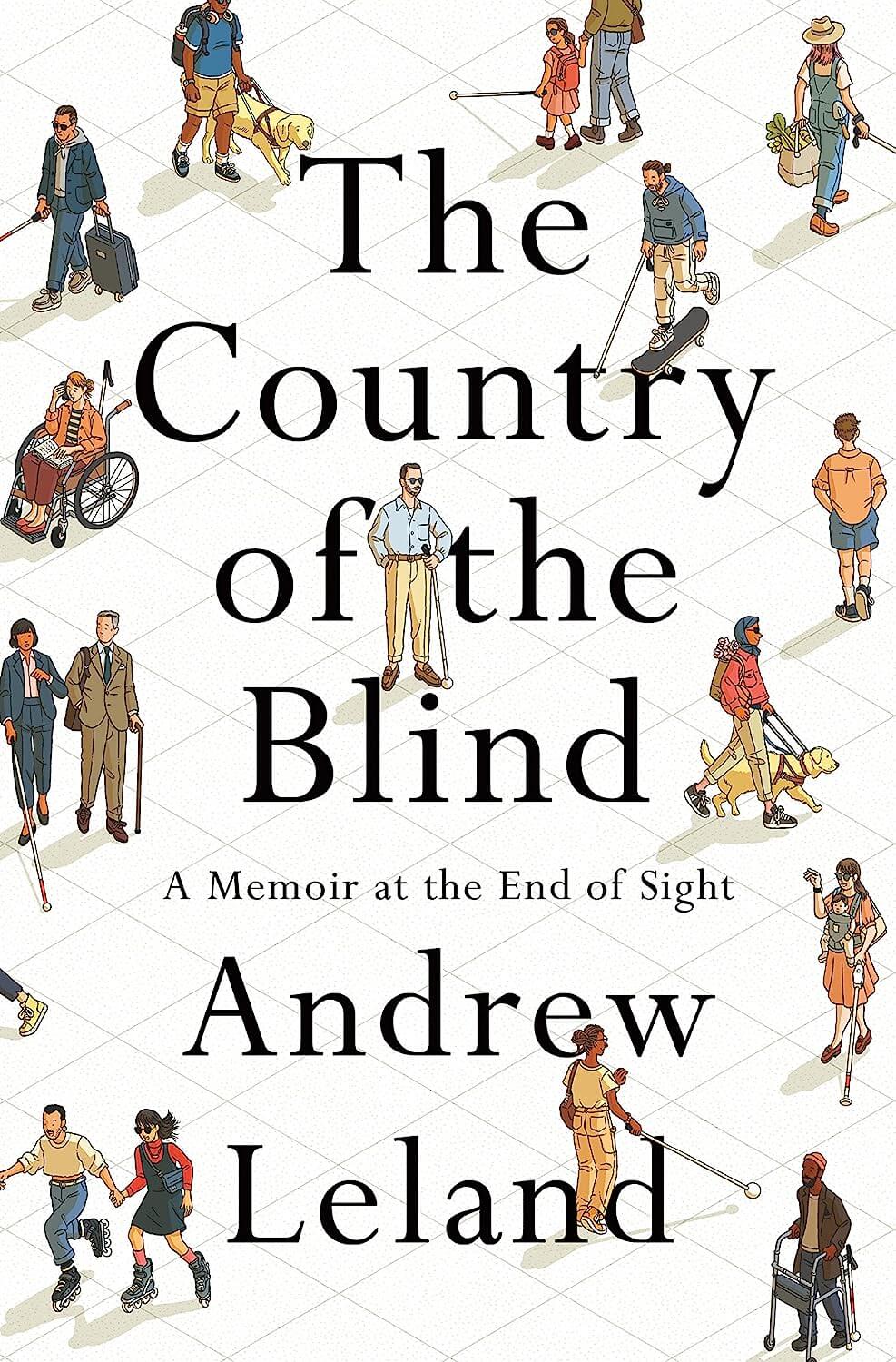
The Country of the Blind: A Memoir at the End of Sight by Andrew Leland
This is my current read, and I haven’t even finished it yet, but I know it’s a good one. Leland is slowly going blind due to retinitis pigmentosa and wants to learn more about the condition that awaits him as well as immerse himself into blind culture. The Country of the Blind explores the personal anxieties and experiences Leland moves through as he continues to lose his vision, but also takes on a much broader scope by his exploration of the communities, spaces, and politics of blindness.
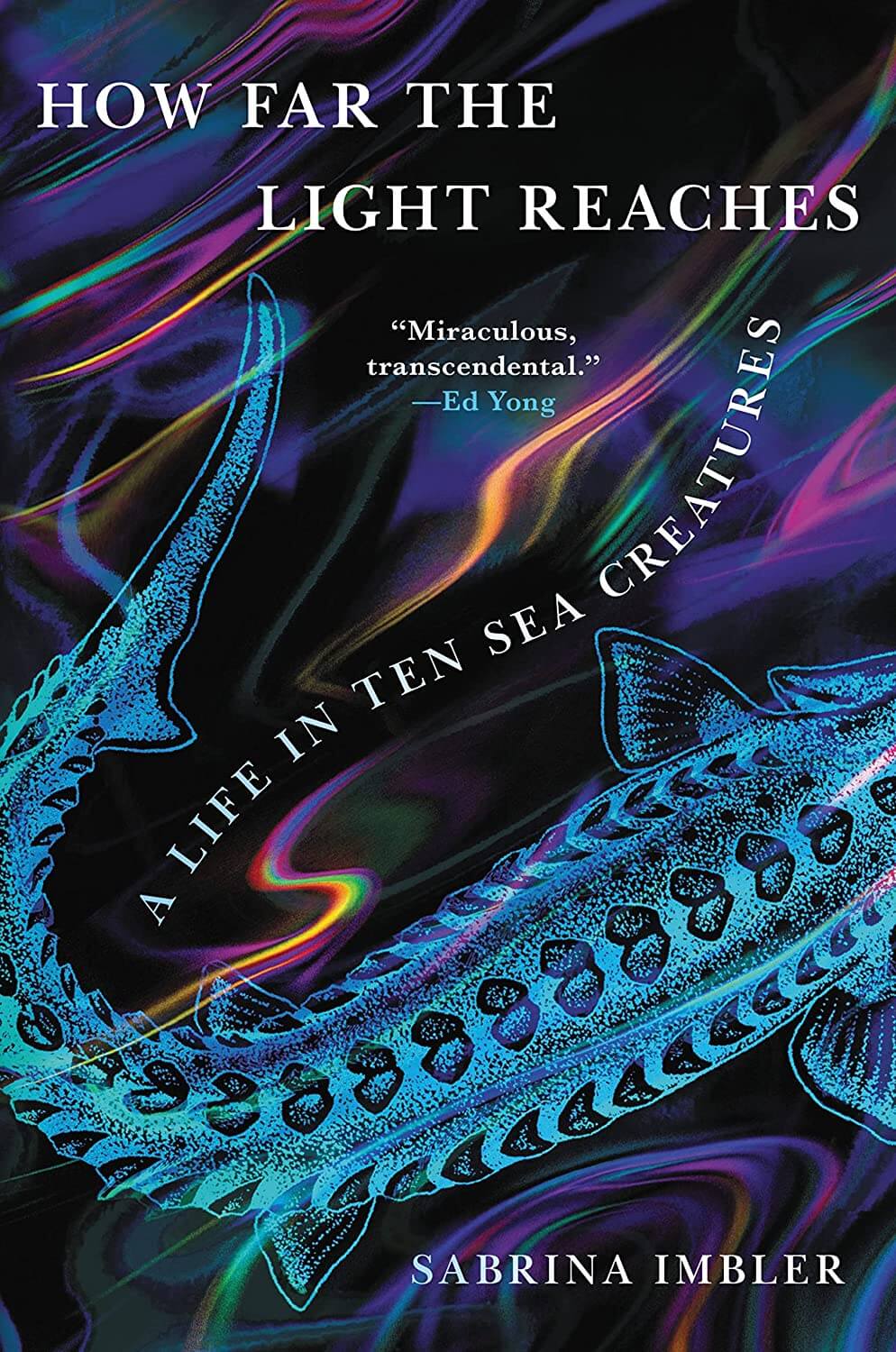
How Far the Light Reaches: A Life in Ten Sea Creatures by Sabrina Imbler
This memoir in essays connects Imbler’s life as a nonbinary Japanese and White American with the world of sea creatures, which isn’t the most obvious of connections, but they handle these connections with such skill and care that the book works. Each essay focuses on a sea creature and the ways their story is parallel to Imbler’s own, for example the Bobbit worm and Imbler’s experiences with sexual assault. Again, not obvious, but extremely well executed.
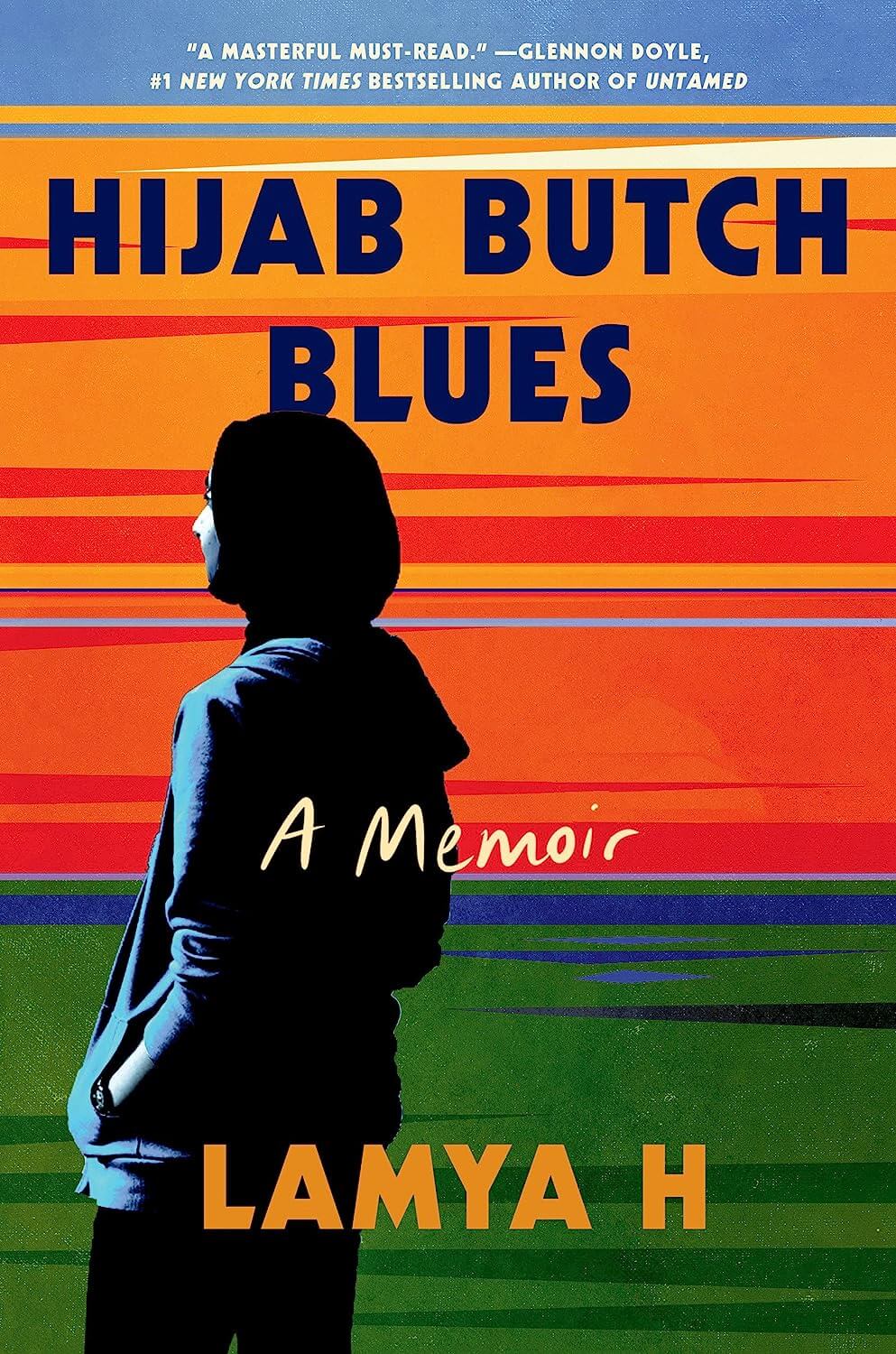
In case you want another book in conversation with this one, I’d also suggest Hijab Butch Blues by Lamya H.
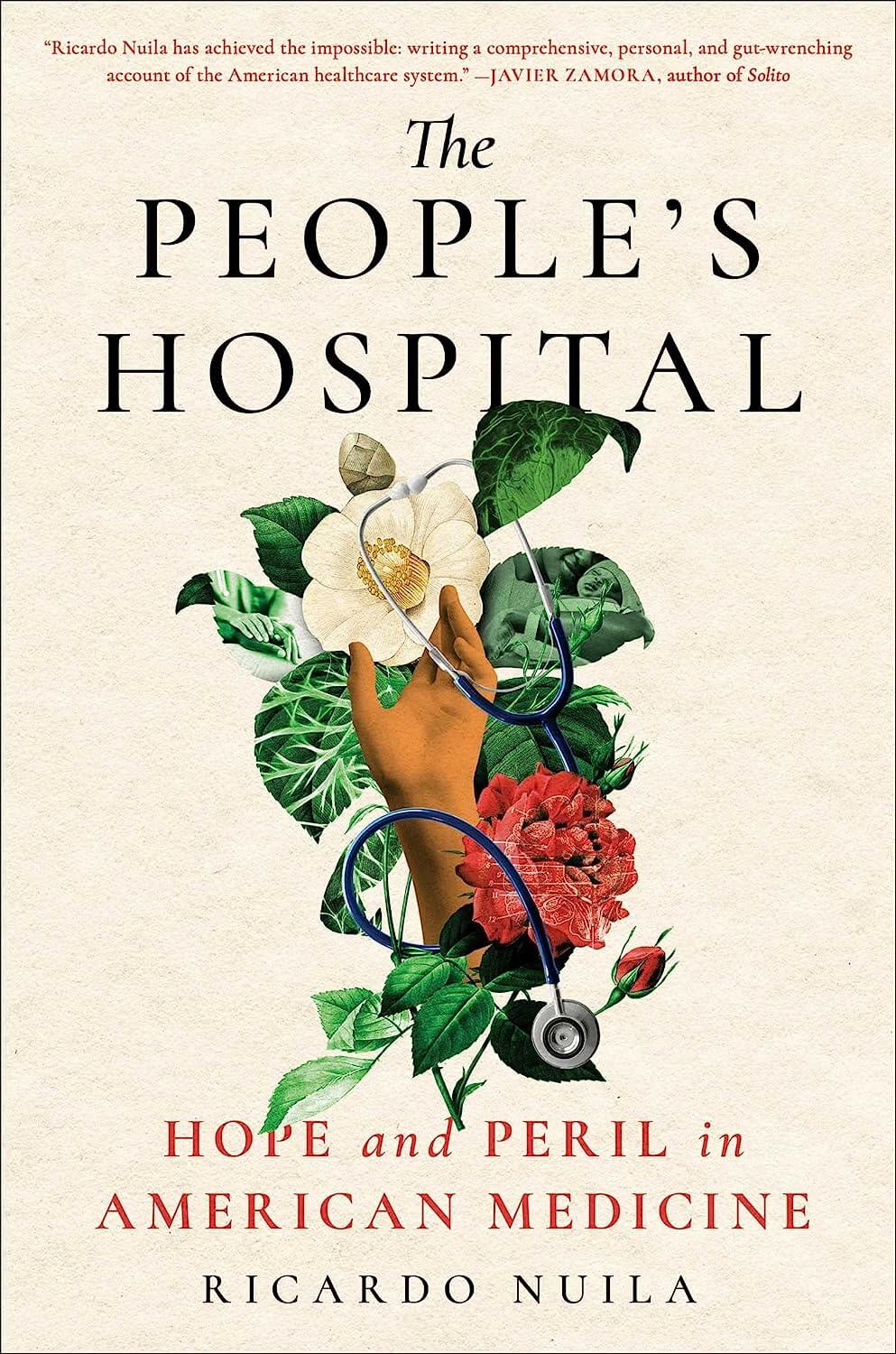
The People’s Hospital: Hope and Peril in American Medicine by Ricardo Nuila
Ricardo Nuila is a physician who works at a public hospital in Houston. The book weaves not only Dr. Nuila’s own experiences practicing medicine at Ben Taub hospital, but also the stories of the hospital it self, health care systems in American, and the experiences of five of his uninsured patients. The People’s Hospital is an incredible blend of memoir, history, and opinion writing from the perspective of a doctor with a passion for people. You can also hear Dr. Nuila on The Stacks!
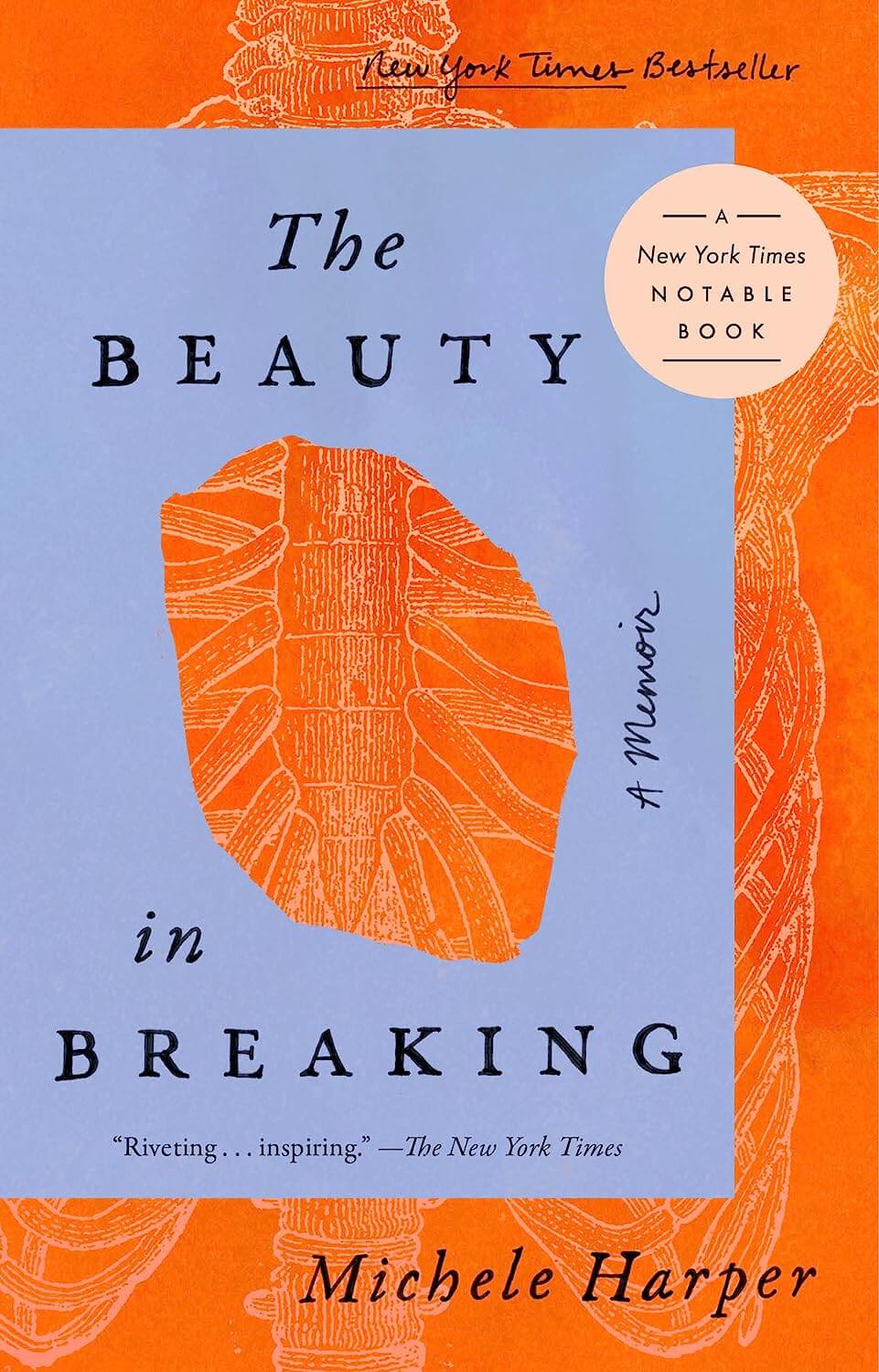
The Beauty in Breaking by Michele Harper pairs nicely for another doctor perspective.
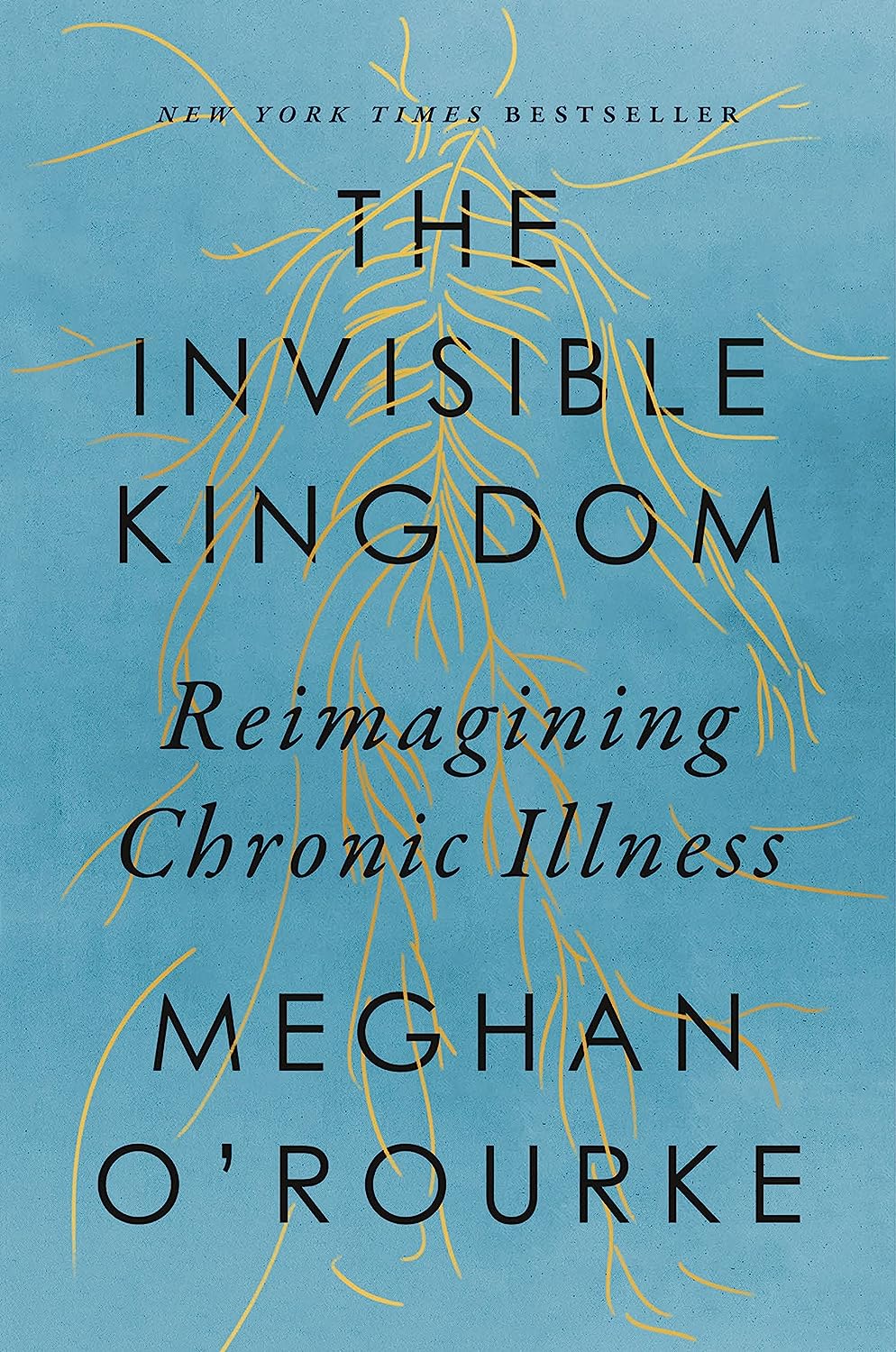
The Invisible Kingdom: Reimagining Chronic Illness by Meghan O’Rourke
O’Rourke shares her experience looking for answers and treatment to her “invisible” chronic illness. She shares her struggles and frustrations, both medical and personal. In Addition to her micro experiences, she zooms out to the macro, and shares reporting from interviews with doctors, patients, researchers and others touched by invisible illness.
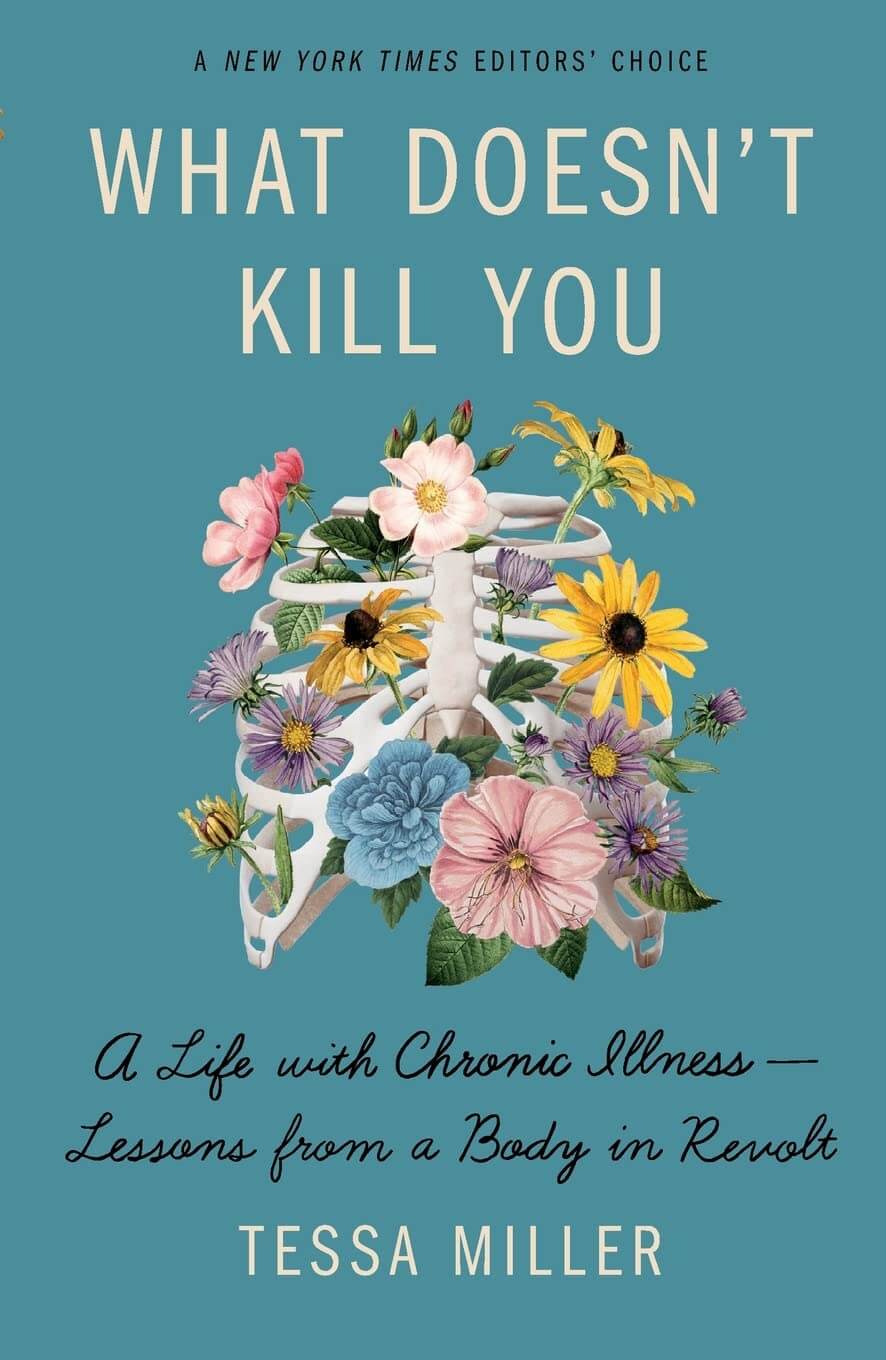
Another recommendation in this vein is What Doesn’t Kill You: A Life with Chronic Illness – Lessons from a Body in Revolt by Tessa Miller
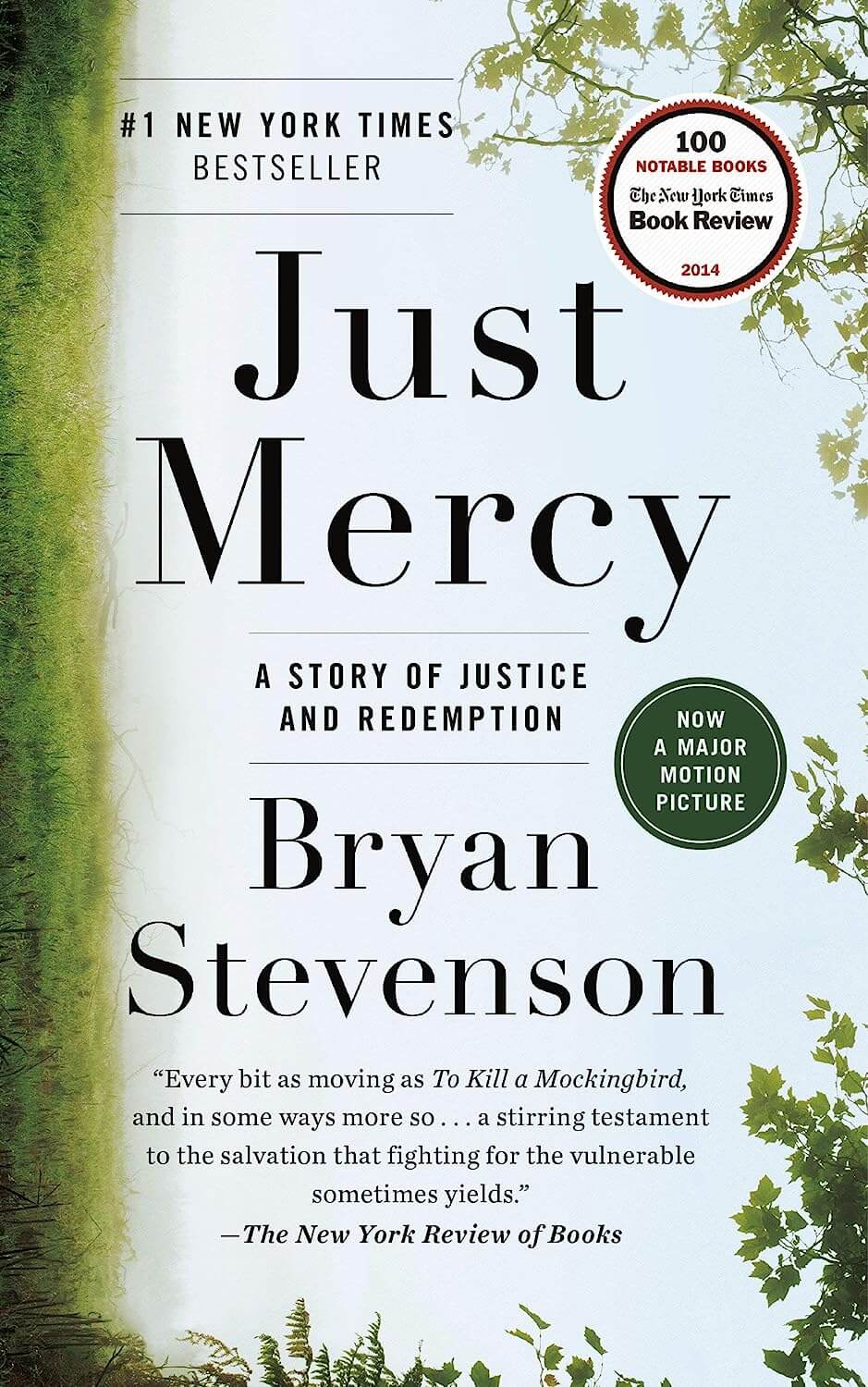
Just Mercy: A Story of Justice and Redemption by Bryan Stevenson
This book is one of the books of my life. I loved Just Mercy so much, I thought about becoming a lawyer myself. As a new lawyer Stevenson goes to Alabamba to defend a man on death row who was wrongfully convicted, from there he shares with the reader the wildly unjust and inhumane ways the United States’ criminal punishment system is draconian and out of control, with a focus on those sentenced to death.
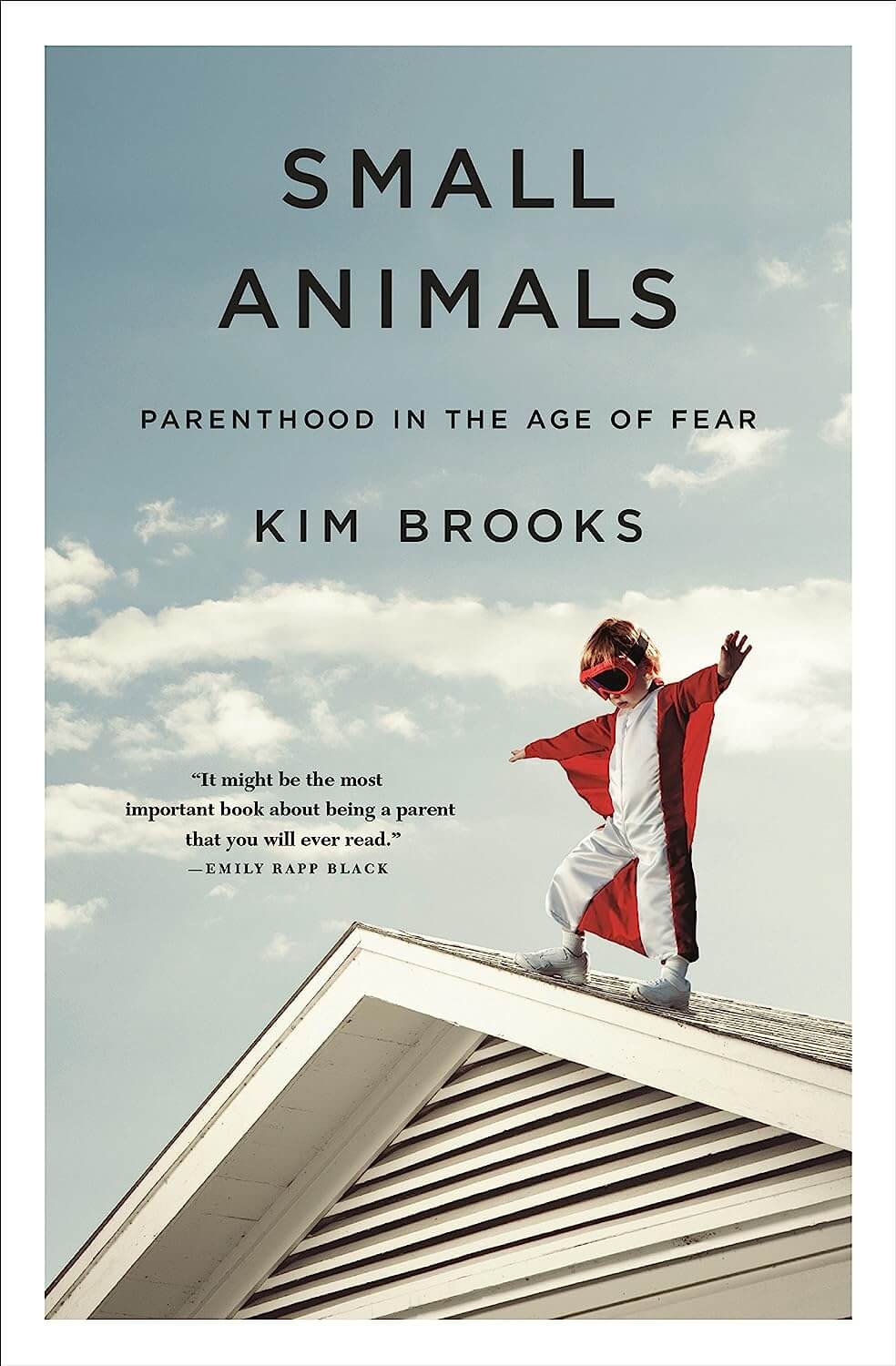
Small Animals by Kim Brooks
When Kim Brooks runs into Target leaving her four year old in the car it kicks off a years long process involving child protective services and her own investigation of fear in the world of parenting. She looks at the ways fear has changed parenting and how the current climate of parenting has changed both children and their parents.



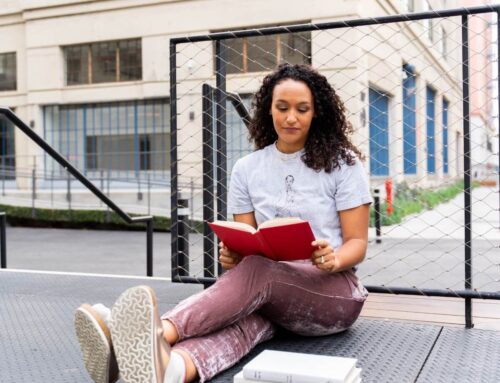
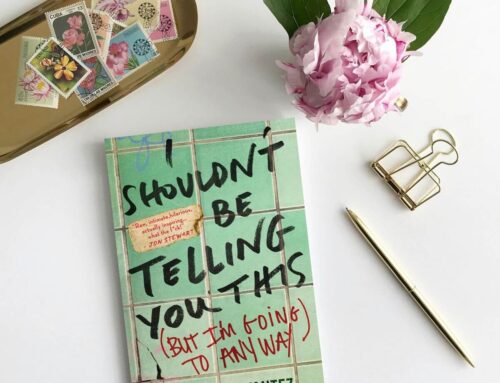
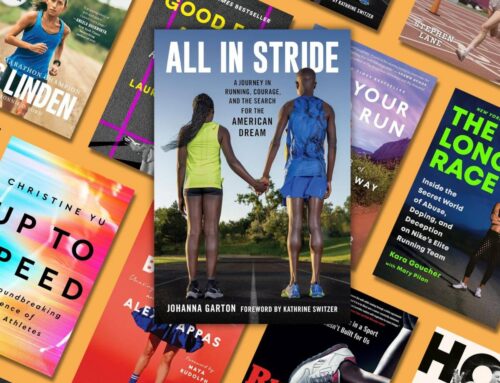
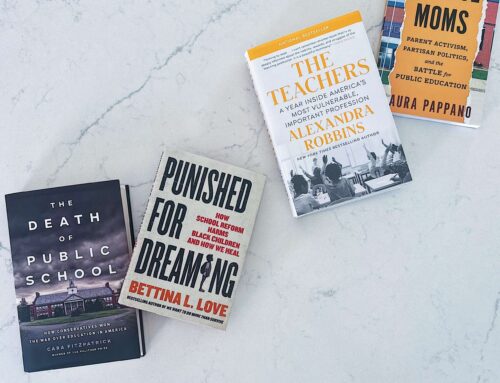
Leave A Comment